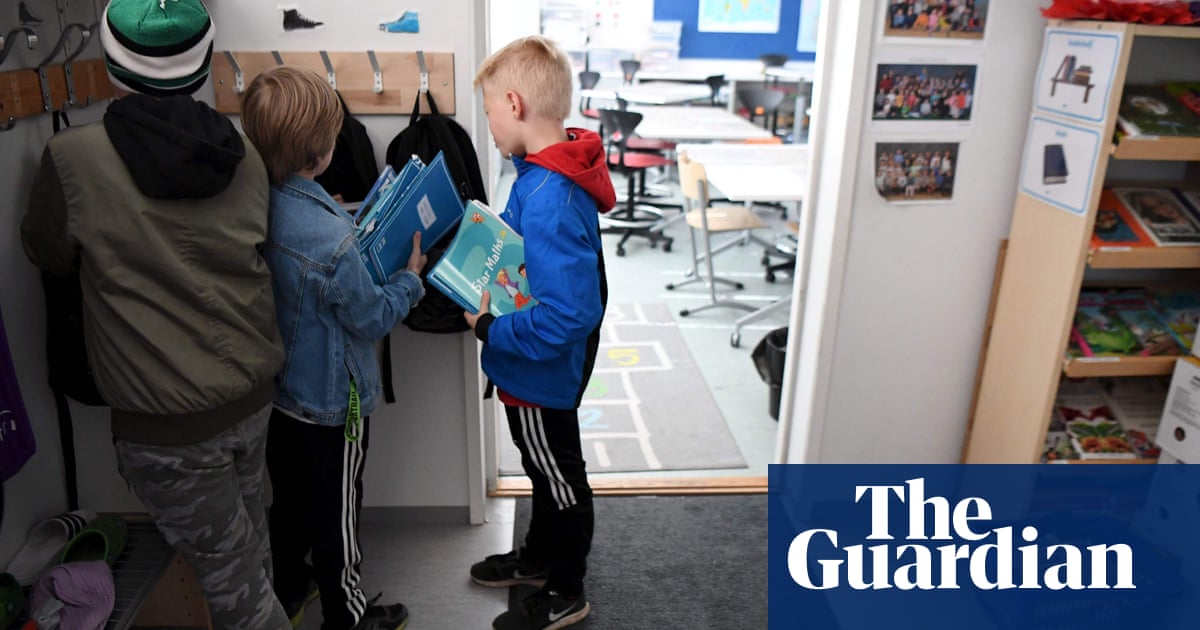Finland has passed legislation to restrict the use of phones and other mobile devices during the school day amid fears over their impact on student wellbeing and learning.
Under the changes, which were approved by the Finnish parliament on Tuesday and will come into effect on 1 August, mobile devices will be heavily restricted during lesson times. Pupils will be allowed to use them only with the teacher’s permission for healthcare or learning purposes.
Finland is the latest European country to impose legal restrictions on the use of phones and other mobile devices in schools amid growing evidence of their impact on children and young people, including attention and self-esteem.
Earlier this year,Denmarksaid it would ban mobile phones from all schools. The chair of the country’s wellbeing commission, Rasmus Meyer, told the Guardian the measure was necessary to stop schools from being “colonised by digital platforms” and urged the rest of Europe to follow suit.
The Danish commission found that 94% of young people in the country had a social media profile before they turned 13 – despite that being the minimum age on many social media platforms – and that nine-to-14-year-olds spent an average of three hours a day on TikTok and YouTube.
Other countries that have introduced mobile phone restrictions include France, which banned primary and secondary pupils from using their phones on school premises in 2018 and has been trialling a “digital pause” for children up to the age of 15, andNorway, which recently announced a strict minimum age limit of 15 on social media. Tech companies, the Norwegian government said, were being “pitted against small children’s brains”.
In the UK, arecent survey showedthat 99.8% of primary schools and 90% of secondary schools had some form of ban on phones, although there is no national statutory ban.
The Finnish parliament has ordered the department of education and culture to carry out a study on the effects of restrictions on the use of mobile devices in Finland and internationally due to be completed by the end of next year. After this, if deemed necessary, the department for education will take further measures.
Under the new rules, students will only be able to use their mobiles during class “for learning purposes or to take care of their own health”. If a student disrupts teaching or learning with their mobile device, the principal or teacher will have the right to remove it.Schoolswill also be required to establish rules for the use and storage of mobile devices during lessons, meals and breaks.
MPs who objected to the bill when it was voted on argued that the restrictions on phone use should have been extended to apply also to breaks and mealtimes.
The Finnish education minister, Anders Adlercreutz, said in December that the job of schools was “not only to teach knowledge, but also, for example, social skills”. He told the broadcaster YLE: “I hope that through this, maybe we would play more during recess and talk more face-to-face, not just via mobile phone.”
